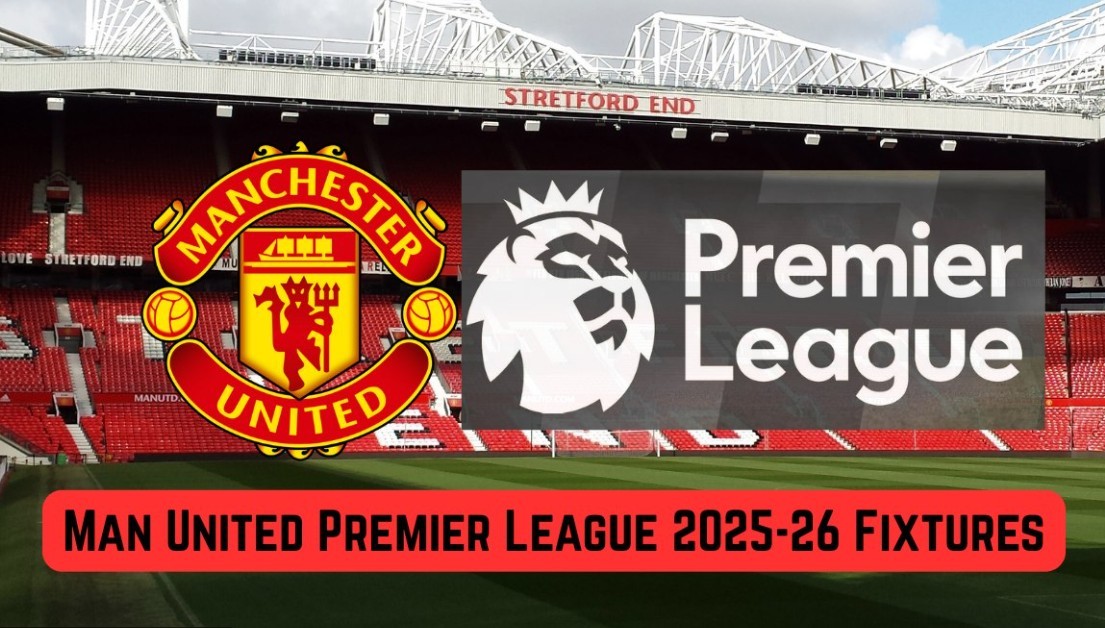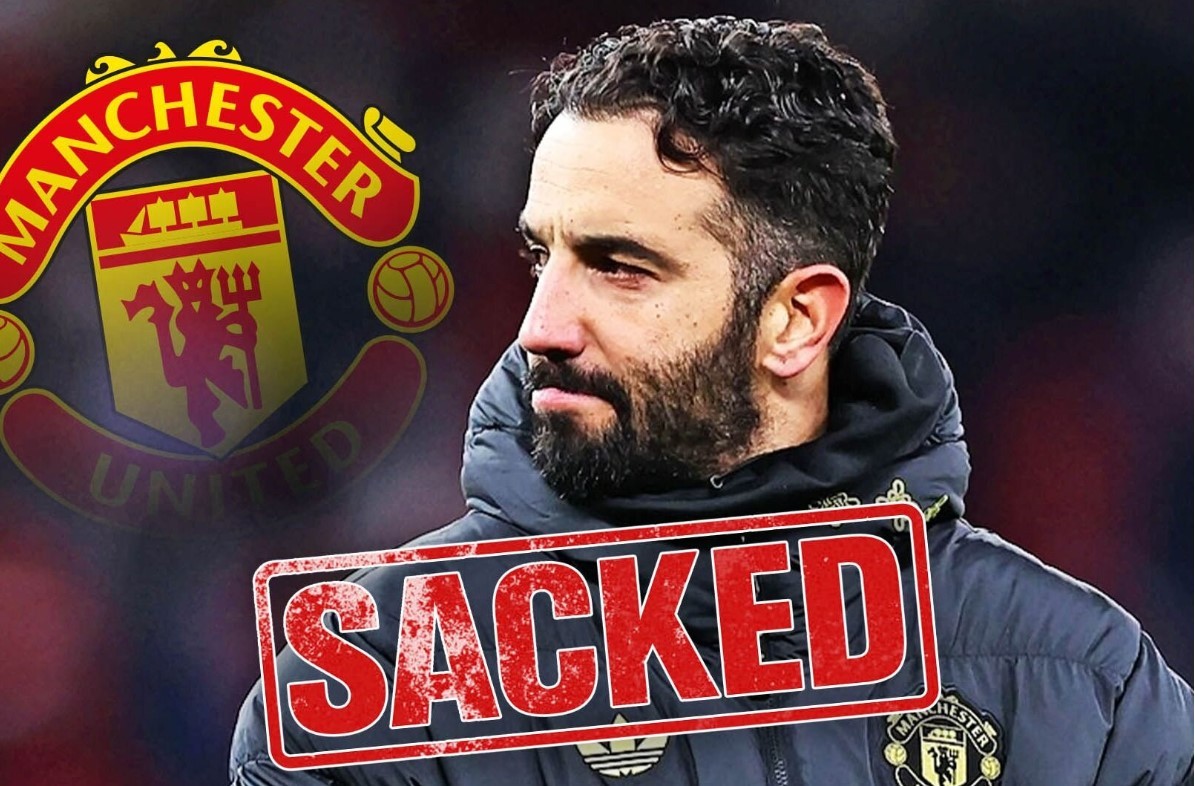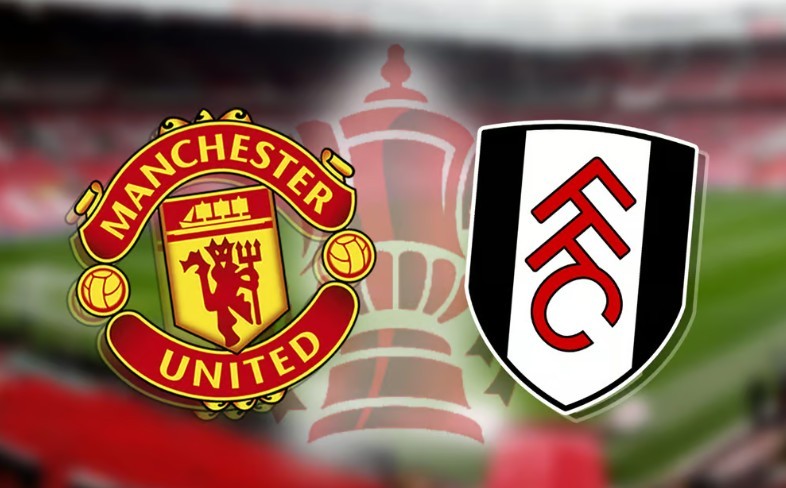'Red Devils' Manchester United - Most Successful Club in England
Overview about Man United
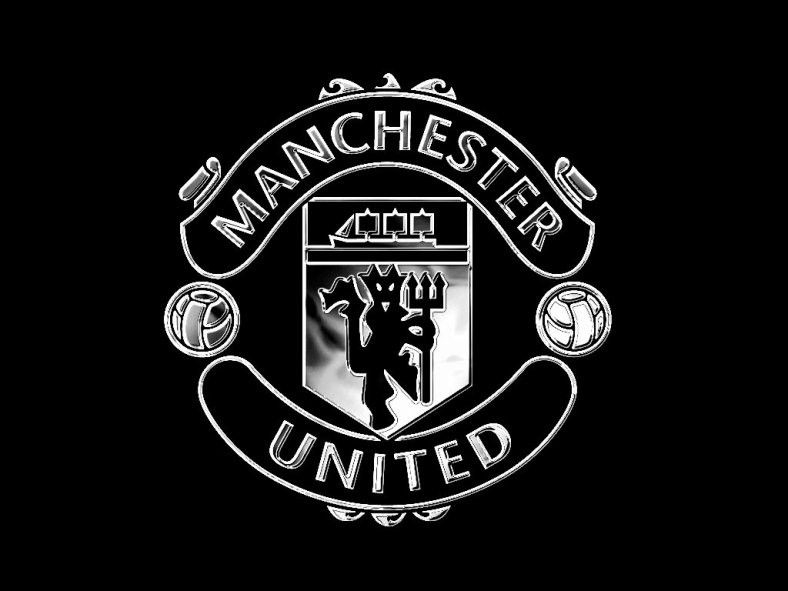 |
| Photo: Pinterest |
Manchester United is one of the most prestigious football clubs and has always maintained a distinguished tradition, a record of consistent success, and a great history. They are together with Liverpool, England's most successful football clubs ever. "The Red Devils" have more national titles than Liverpool, but the rival has collected more titles in international tournaments.
Manchester was one of the fastest-growing cities during the Industrial Revolution and much so due to a torrent of workers arriving from different parts of the British Islands. From a relatively small town at the beginning of the 19th century, Manchester had passed one million inhabits by 1900 and had become one of the biggest cities in Europe. It was great conditions for football clubs to emerge; the sport was after all, in its early history to a big degree dominated by workers. The club that later would become Manchester United FC was initially founded in the year 1878, named Newton Heath L&YR Football Club. L&YR as in Lancashire and Yorkshire Railway Company, which were the company where the team's players worked.
The team played in the Football League for the very first time in the year 1892 (they should not be confused with Manchester Football Club, founded in 1860 and participated in the FA Cup in the 1870s before shifting to Rugby). But, they were relegated after two years. Next, a new group of local businessmen then took over the roles and responsibilities of the club and named it Manchester United in 1902. The newly named club won the title of English League in 1908 under the guidance of Ernest Mangnall. The first FA Cup trophy was obtained the following year. The team then shifted to the current stadium, Old Trafford in 1910.
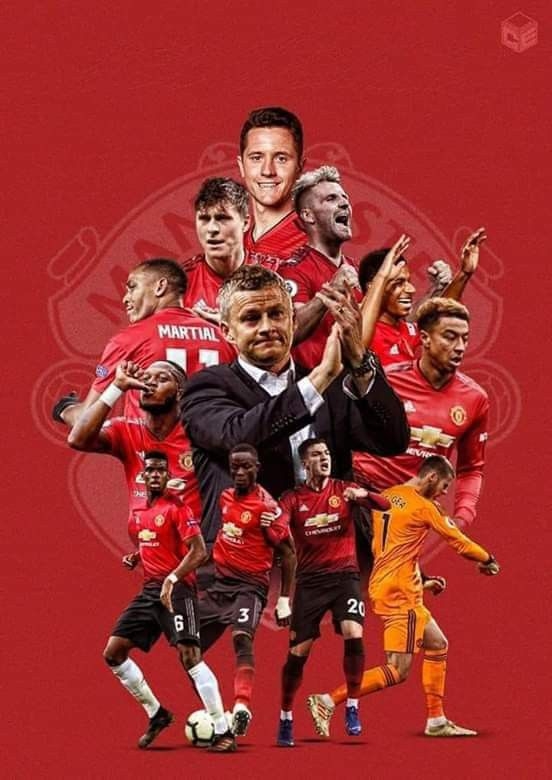 |
| Photo: Pinterest |
After the Second World War, the club had witnessed an extended spell with the appointment of Matt Busby in 1945. This visionary leader completely reshaped the club and placed a new faith in youngsters, and this strategy eventually proved to be astonishingly successful.
The United team would win the league in 1955–56 and 1956–57. The average age was 21 at the first occasion, which made it the youngest side ever to win the Football League and earned them the nickname the “Busby Babes”, according to footballhistory.org.
Man Utd or Liverpool: Who is England's most successful club?
Liverpool will finish the 2020/21 season empty-handed. It means rivals Manchester United will remain England’s most successful club for another 12 or so months at least.
Liverpool have closed the gap in terms of trophies won in recent years and now sit just one behind United overall (66-65).
However, with the knowledge that Liverpool won’t be lifting any silverware this season while the Red Devils still have the opportunity to win the Europa League and an outside chance of claiming the Premier League title.
Third on the list is Arsenal, who are a massive 18 trophies behind Manchester United but 17 in front of fourth-placed Chelsea.
Manchester City, who could still add four trophies to their collection, are fifth with 26 level with Tottenham - their League Cup final opponents.
Manchester United FC timeline
1878: The club is established (named as Newton Heath).
1883: The first competition takes place against Blackburn Olympic Reserves.
1892: First season in the Football League.
1902: The club is renamed as Manchester United.
1908: First time Division 1 champions.
1909: Winning their first FA Cup title.
1910: The club move to the Old Trafford.
1958: Several club members are killed in an air plane crash.
1960: Dennis Viollet sets a new record with 32 league goals in a season.
1963: Italian Carlo Sartori is signed as the first non-British player.
1968: First European Cup title.
1980: Martin Edwards become chairman of the club.
1986: Alex Ferguson is appointed as manager.
1991: First Cup Winners' Cup title.
1991: Manchester United PLC is listed on the London Stock Exchange.
1992: First League Cup title.
1994: Winning their first Double (the League and the FA Cup).
1998: Jaap Stam become the first player to be transferred for a fee over £10 million.
1999: First Champions League title.
1999: Winning their first Treble (the League, the FA Cup and the Champions League).
2007: The highest attendances is recorded at Old Trafford (76,098 against Blackburn Rovers).
2009: Cristiano Ronaldo is sold to Real Madrid for an £80 million fee.
2017: First time Europa League winners.
Who are the Manchester United legends?
Picking the greatest Manchester United players of all time is easy.
Old Trafford has seen countless greats come and go, their brilliance living long in the memory.
Ranking them is a little harder. Among them, we can name Ryan Giggs, Bobby Charlton, Paul Scholes as legends of MU.
Who is Ryan Giggs?
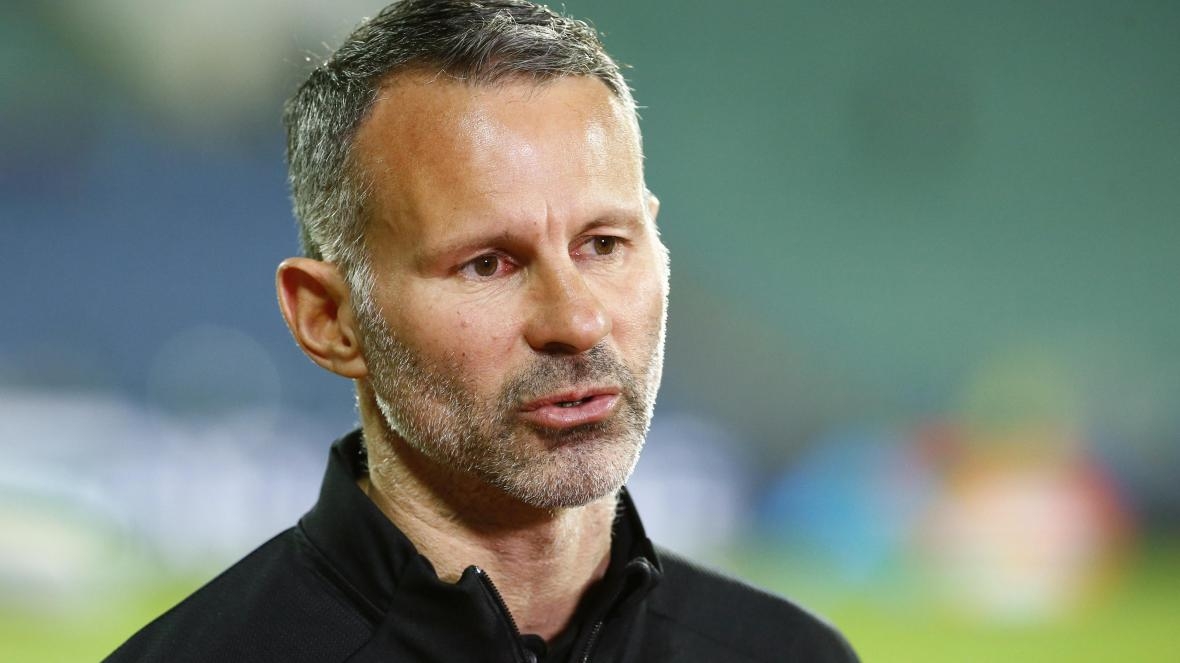 |
| Photo: The Times.com |
The greatest Manchester United player of all time has to be Ryan Giggs.
Ryan Giggs closed one chapter of his football career - the epic, decades-spanning story of him as a player - on the same day he started a new one, as Manchester United’s new assistant manager.
From his early days as a flying winger to his current incarnation as a creative midfielder, Giggs has constantly reinvented himself to stay relevant to the changing game.
He has won 13 Premier League titles, four FA Cups and two Champions League titles.
Giggs will turn 40 this year. His longevity is an example for any sportsman.
Who is Bobby Charlton?
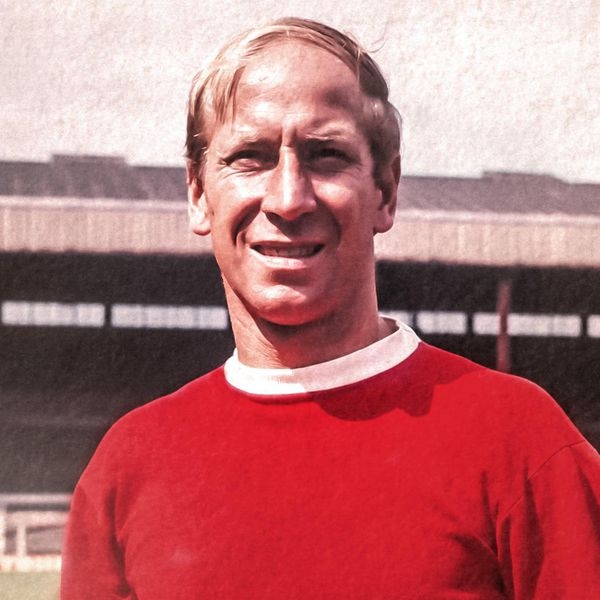 |
| Photo: manutd.com |
With the possible exception of Sir Alex and Sir Matt, is there another man who better embodies the qualities of Manchester United Football Club than Sir Bobby Charlton?
Nobody embodies the values of Manchester United better than Sir Bobby Charlton. Having survived the trauma of the Munich Air Disaster when aged just 20, he played as if every game was for his fallen colleagues, recovering from his injuries to reach the pinnacle for both club and country. In a 17-year playing career with the Reds, he played 758 games and scored 249 goals - both of which were longstanding records until, respectively, Ryan Giggs in 2008 and Wayne Rooney in 2017 surpassed his feats, cites manutd.com.
During 17 years of devoted service playing for the Red Devils, Charlton won three league titles and the European Cup.
After the horrors of Munich, the attacking midfielder was central to the club picking itself off the ground and eventually prospering.
Who is Paul Scholes?
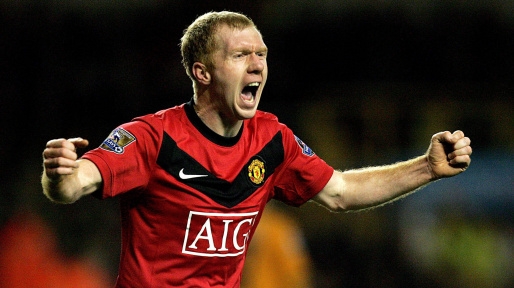 |
| Photo: Transfermarkt.com |
Paul Scholes is a well-known retired English footballer who played for Manchester United throughout his whole career. He played for the English National Football Team as well. One of the most decorated and successful footballers in history, he is currently a co-owner of Salford City Football Club and a television executive for BT Sport.
After being spotted by a scout, he first got his opportunity to train with Manchester United at the age of 14. His professional career began in 1993. He played for the team for a total of nineteen years. He has represented the national team as well and took part in the 1998 and 2002 World Cups, as well as the UEFA Euro 2000 and Euro 2004.
For his amazing skills, he is regarded as one of the best midfielders of his generation. Although he is asthmatic and suffers from Osgood-Schlatter disease, a knee condition, he managed to become one of the most proficient and popular international footballers, and won a total of 25 trophies in his career, as shown on thefamouspeople.com.
How much is Man United's team worth?
Accrording to Forbes, Manchester United singed a long-term shirt sleeve sponsorship deal with Kohler least year that's reportedly worth an average of $13 million annually.
While Statista said The statistic depicts the brand / team value of the English Premier League club Manchester United from 2011 to 2020. In 2019, Manchester United had a brand value of 1.65 billion U.S. dollars.
| How much is everyone in Man Utd squad worth? 1: David De Gea - £50m 2: Victor Lindelof - £25m 3: Eric Bailly - £20m 4: Phil Jones - £10m 5: Harry Maguire - £50m 6: Paul Pogba - £75m 8: Juan Mata - £15m 9: Anthony Martial - £80m 10: Marcus Rashford - £70m 11: Mason Greenwood - £40m 13: Lee Grant - £1m 14: Jesse Lingard - £15m 16: Marcos Rojo - £10m 17: Fred - £20m 18: Bruno Fernandes - £70m |
| Brand Finance, Forbes and KPMG have all attempted to define the value of a football team and brand using different methodologies: - Brand Finance measures a team’s brand value by looking at its brand strength according to the degree of public interest and commercial support, the brand's ‘royalty rate’†, and revenues from matchday, commercial and broadcasting streams. - Forbes calculates a team’s value based on its economic performance from matchday, broadcasting, and commercial sources, as well as any additional value generated by its market position or potential. - KPMG presents a team’s enterprise value, taken from its profitability, popularity, sporting potential, as well as the value of broadcasting rights and revenue opportunity stemming from stadium ownership, according to statista.com. |
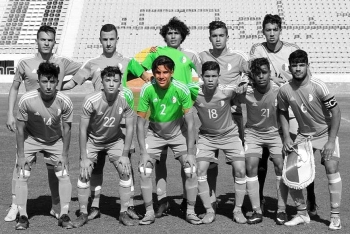 Who is Adel Belkacem Bouzida - World's Up-and-Coming Footballer? Who is Adel Belkacem Bouzida - World's Up-and-Coming Footballer? Are you a fan of the king sport? Have you ever heard of Adel Belkacem Bouzida? Read on for more information about this young and ... |
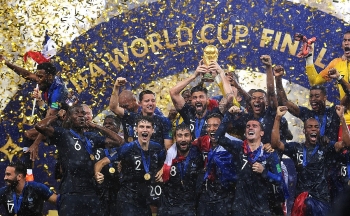 Uruguay - the First Country to Win the Football World Cup in History Uruguay - the First Country to Win the Football World Cup in History Whether being a fan of soccer or not, everyone knows about the FIFA World Cup - the biggest football tournament in the world. The championship ... |
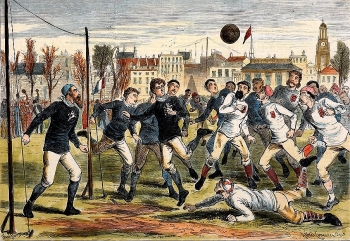 The First international Football Match in the history The First international Football Match in the history November 30, 1872 was considered an important milestone in the football history marking the first international match between Scotland and England. What do we need ... |

